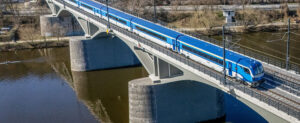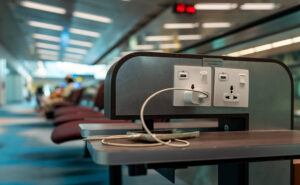It is not often that you get to eat, sleep and cook in a UNESCO World Heritage listed building. You can in the Puglian town of Alberobello and your stay helps with the upkeep of at least some of this amazing place.
What is a Trullo?
Before I review Trulli Holiday a word about the trulli and the town of Alberobello. A trullo (the singular form of trulli) is a a simple structure of thick limestone walls topped by a conical shaped roof. Traditionally the whole structure was built without mortar or binding of any kind but over the last few centuries mortar was added.
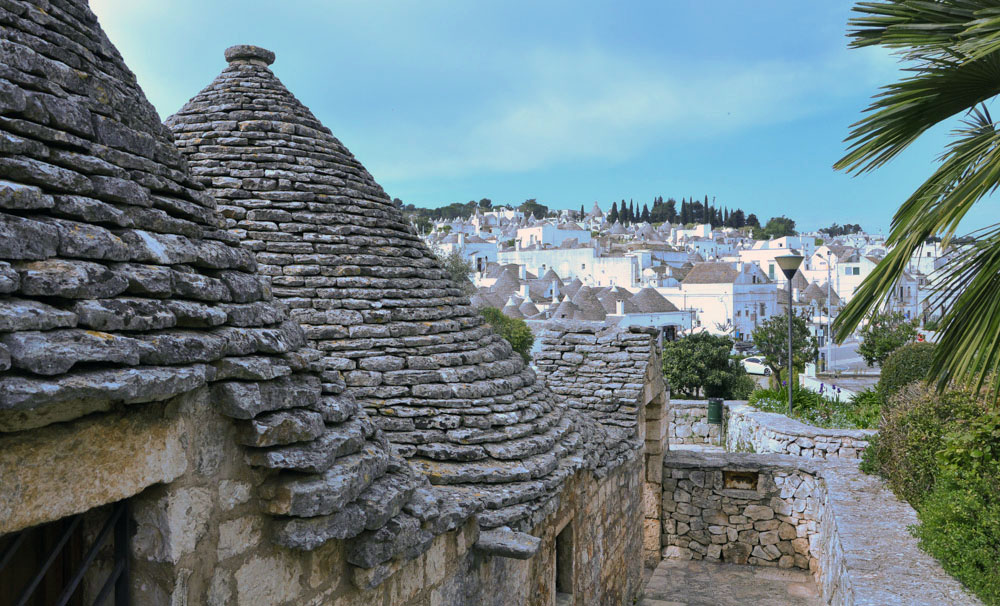
Trulli are a common sight in this part of Puglia and in its most basic form are used as barns or sheds on small farms or in the many olive groves. Alborobello is an urban collection of trulli built by a feudal lord to house his peasant workers and, in typical Italian fashion, to avoid paying taxes. (More on this story in my next post.) It is this collection of around 1400 trulli that is unique and thus protected by UNESCO.
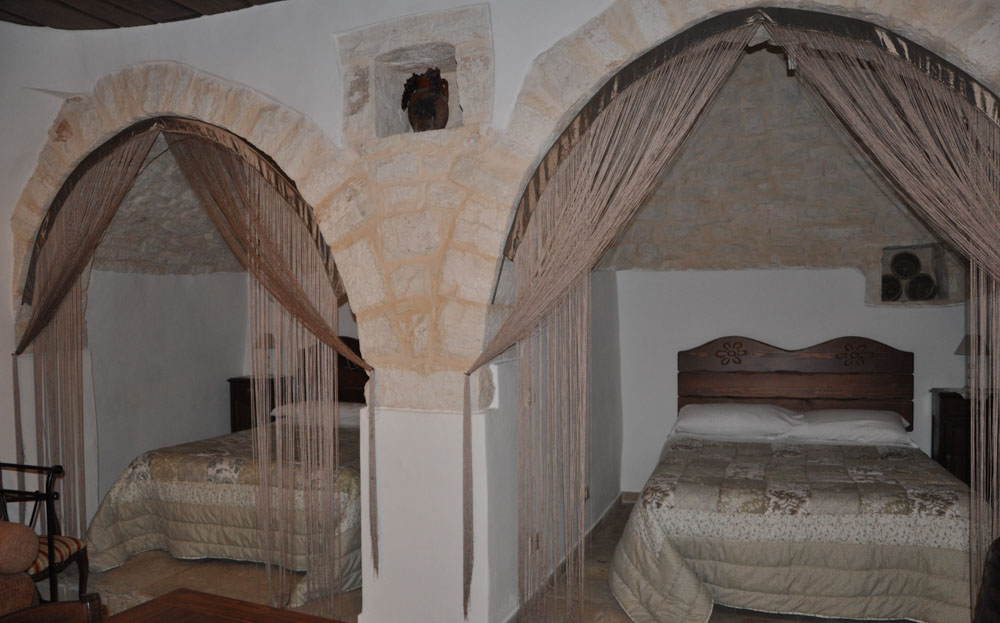
Trulli accommodation
It is difficult to classify the accommodation as it is a cross between self-catering accommodation and what they term a “widespread hotel” or “albergo diffuso” in Italian. Reception is in the centre of Alborobello and this is where you go to check-in. The staff here are extremely friendly and very helpful and explain the rather unique set up. Many of the trulli are rented out and are scattered across the town. Once you leave reception you are taken to your trullo.
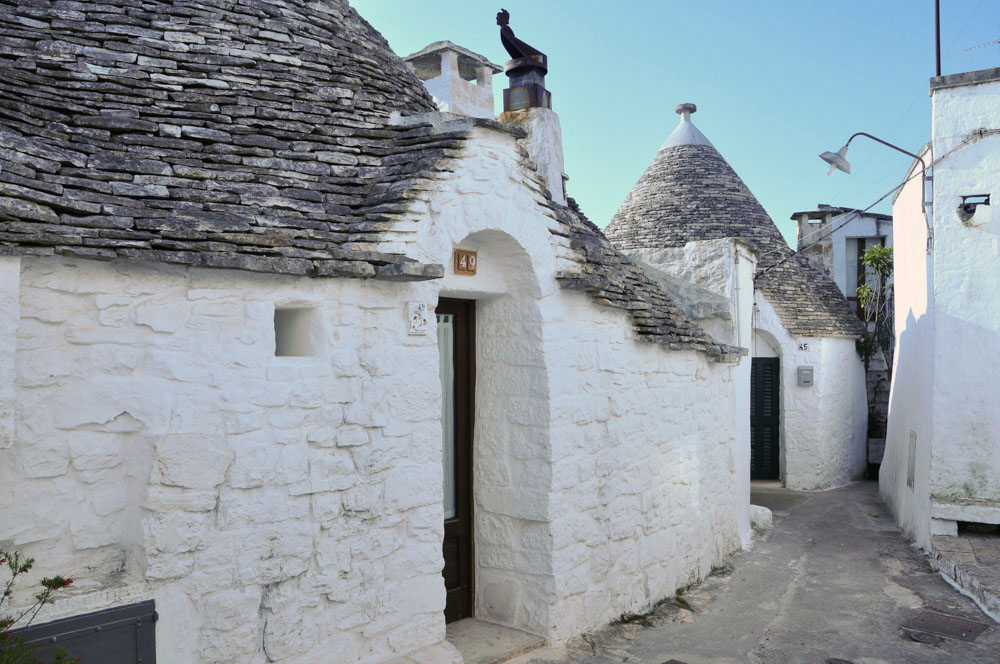
Next to reception is a restaurant where breakfast for those on the B & B basis eat. As the trull0 you have booked could be anywhere in the two districts where the trulli are concentrated it inevitably means a short walk. Some of the trullo are equipped with small kitchens for those wanting to self-cater. Others are more like unique, some would say boutique, hotel rooms with no self-catering facilities.
I arrived late and was escorted through the town to my trullo. It was a cosy little place and oozed history and atmosphere. The thick whitewashed walls and the conical layered limestone roof were just what I had seen in photographs of the area. This was the genuine article slap bang in the middle of a UNESCO World Heritage site.
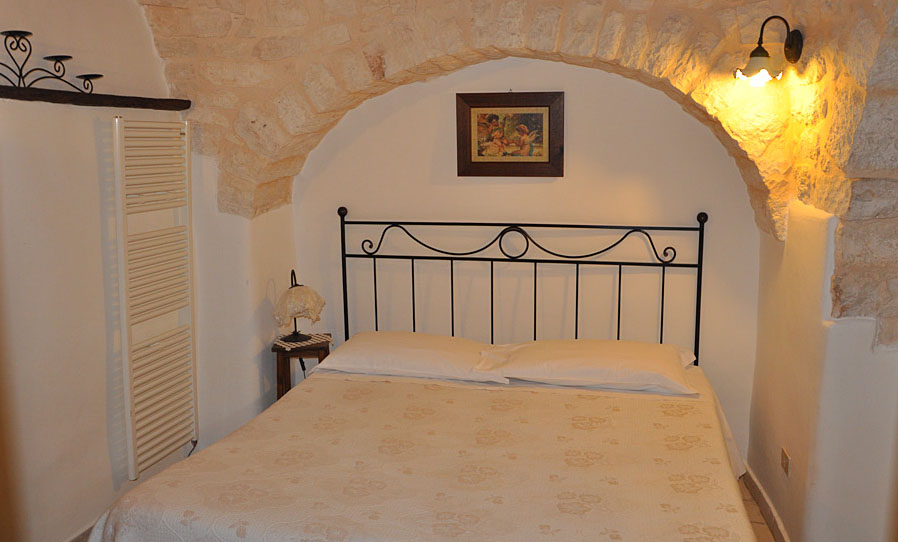
Inside a double bed, which was extremely comfortable, filled most of the space. A small alcove served as a wardrobe and a there was room for a small chair and a shelf-cum-desk. In this cosy space there was also room for small bedside tables and a chair. The original trulli were built without windows until the town of Alborobello was granted town status. Then the windows began to appear in the trulli. My trullo had two tiny windows and one set into the roof. In a nod towards modernity this was operated by electricity from a switch by the door. Also a small flat screen television screen gave a gentle reminder that I was in the 21st century and not the 15th century.
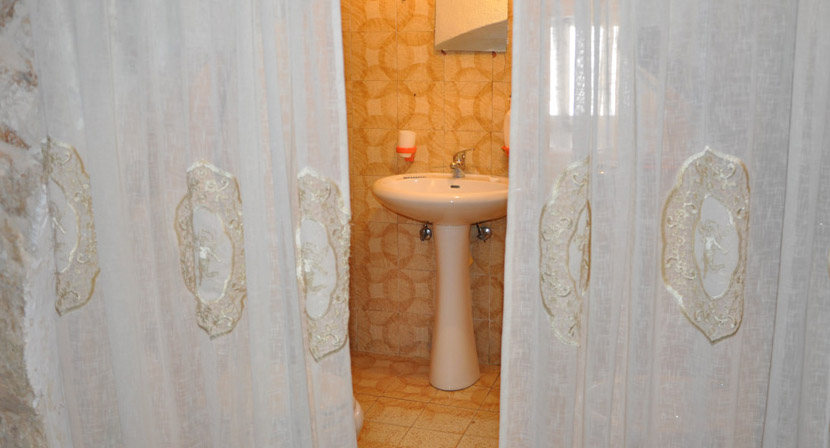
The bathroom off the bedroom had a shower, toilet, basin and bidet all expertly fitted into the space available.
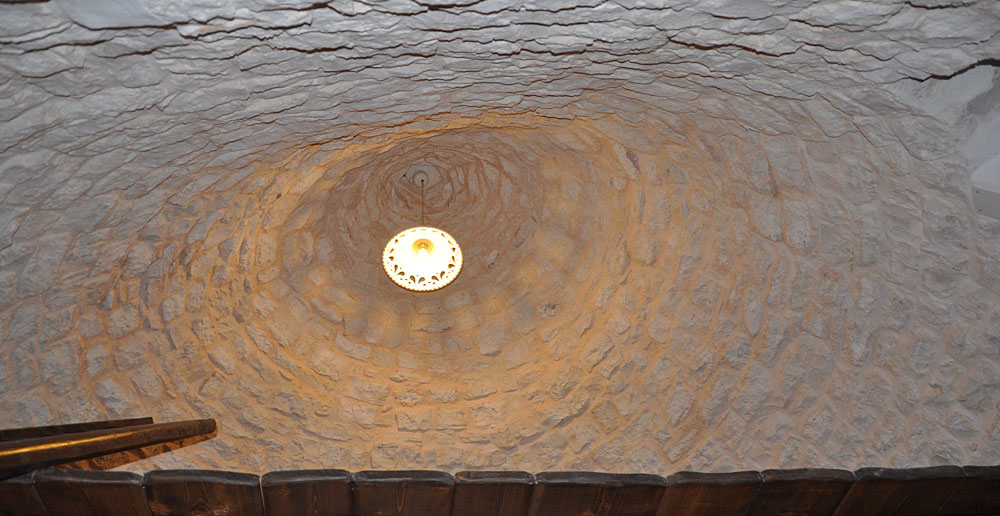
Surprisingly wifi was available in my trullo and, as I found out later, was a feature of all the trulli in the portfolio. Mobile phone reception inside the thick walls was however another matter; it was virtually non-existent.
The trullo was very definitely for a couple who planned on eating out as there were no facilities for cooking. This particular trullo was part of the “widespread hotel” accommodation. The walk to the restaurant for breakfast the following morning was a pleasant stroll through narrow cobbled streets of trulli, across a square and into the non-trulli part of town. Although breakfast was only a short 5-7 minute stroll away I took more than twice that time because of stopping to take photographs and admire the view across to the other UNESCO trulli.
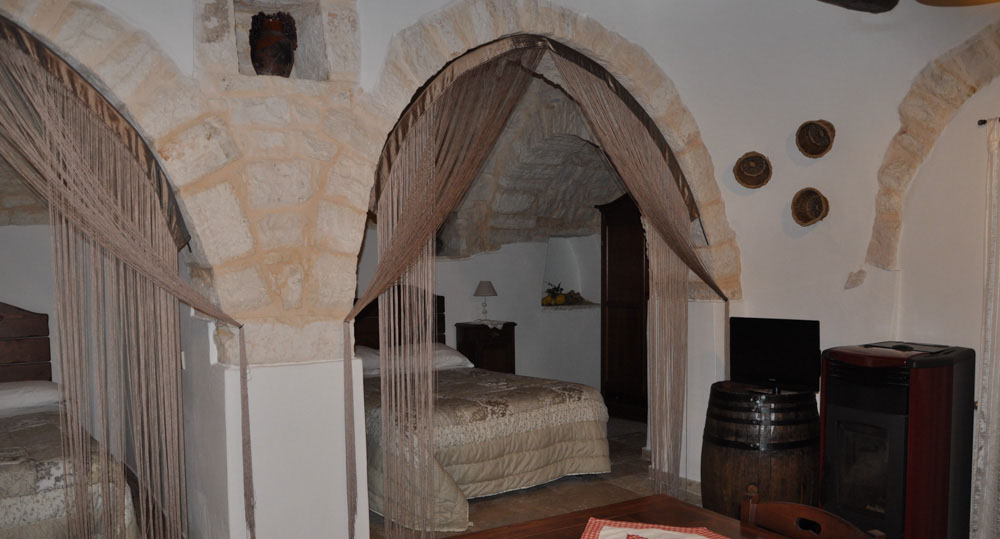
I had a chance to visit another trullo. This one was a large version of my own with two large alcoves, each of which contained a double bed. Above these was a mezzanine area were hay was once stored. The floor space was a great deal larger than my own cosy trullo with enough space for a table for a family, easy chairs and a kitchen area. All you would need for a self-catering stay was there as the kitchen was well equipped. Many of the trulli were fitted out with vintage or antique furniture and small personal touches in keeping with their original use of farm buildings or peasant housing.
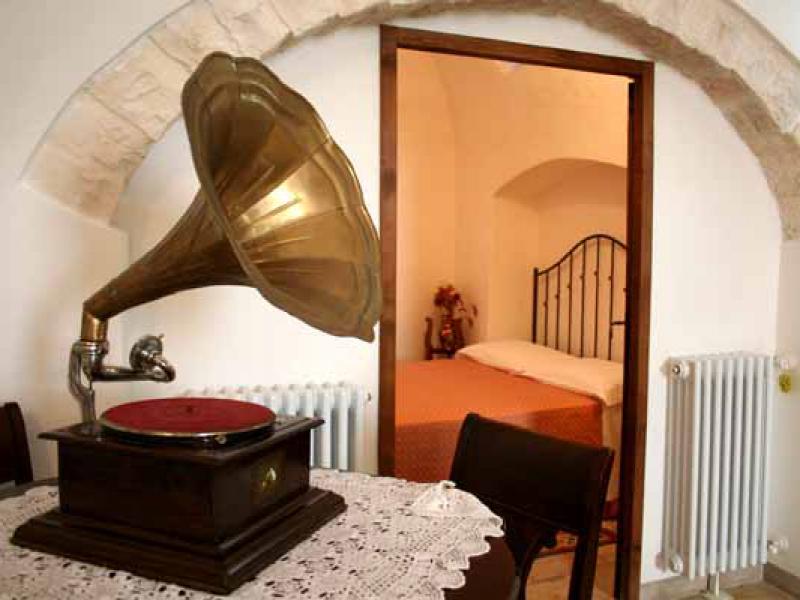
This trullo was however on a main thoroughfare and was a little noisy when tour groups came by. This, in my mind, was offset by not having to walk through town for breakfast.
It is not to everyone’s liking to have to walk through town to get breakfast so having the option to eat in is definitely a plus. However, I like the idea of going out for breakfast and have done it several times in Italy on previous occasions.
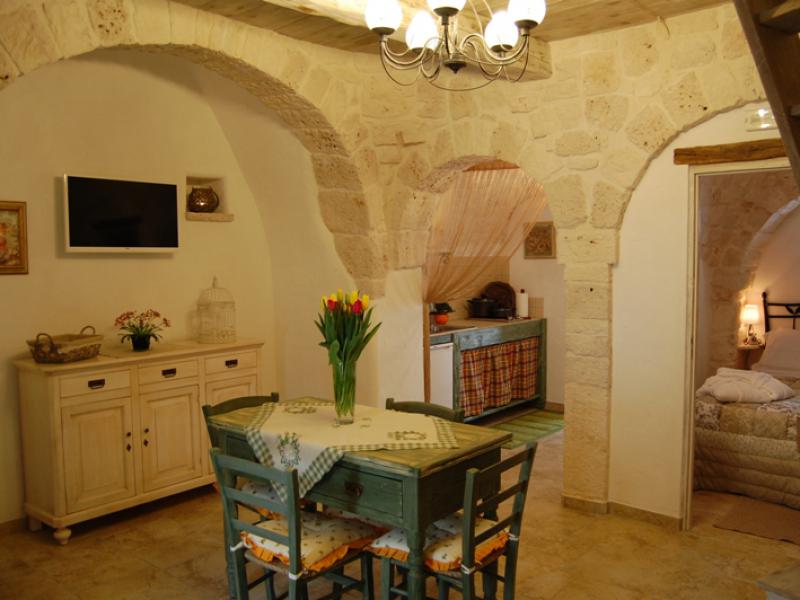
Used with permission © www.trulliholiday.com
UNESCO protected sites have very strict restrictions on what can and cannot be done to the structures both inside and out. In the trullo I had the opportunity to see the owners have done a remarkable job of making them comfortable without losing the traditional feel and look. Staying in a trullo in Alborobello, whether it be part of a “scattered hotel” or a self-catering unit, is a far better experience than staying in one of the many standard accommodations on offer.
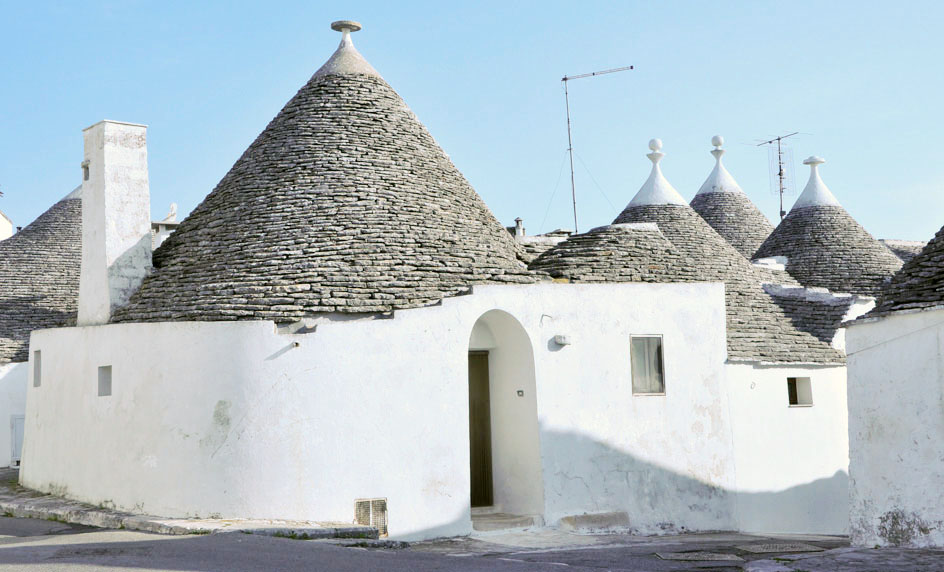
Trulli Holiday have kept the traditional atmosphere while at the same time keeping the quality of the product at just the right level.
More information and booking
You can book a holiday in a trullo through Expedia.co.uk (£) where you can also book flights to Bari, the nearest airport. Alternatively you can visit the Holiday Trulli website and book direct.
Declaration: I travelled to Puglia as a guest of Pugliapromozione and stayed in a trullo in Alborobello as a guest of Holiday Trulli. However I value my editorial independence and write as I see things.


